Fresh vs. Older Eggs: How to Tell the Difference and Why It Matters
Eggs are a staple in kitchens worldwide, celebrated for their versatility and nutritional benefits. However, not all eggs are created equal. An egg’s age can significantly impact its taste, texture, and cooking performance.
Fresh eggs, typically less than a week old, offer a superior culinary experience to their older counterparts. Their firm whites and vibrant, tall yolks make them ideal for dishes where appearance and texture matter, such as poached eggs or sunny-side-ups.
Fresh eggs also have a more pronounced, richer flavor, enhancing the overall taste of your meals. In contrast, while still safe to eat, older eggs undergo chemical changes that alter their properties. The whites become thinner and watery, and the yolks may flatten and lose their vibrancy.
These eggs are often preferred for baking and hard-boiling, where their looser structure can be advantageous. They peel more easily when boiled and blend seamlessly into batters and doughs.
Understanding the differences between fresh and older eggs can elevate your culinary creations, allowing you to choose the right egg for each cooking method and recipe. Whether you’re a home cook or a professional chef, appreciating the nuances of egg freshness can enhance your dishes and delight your taste buds.
How long do eggs last in the refrigerator?
Eggs can last quite a long time when stored correctly in the refrigerator. Here’s a general guideline for how long different types of eggs can last:
Raw Eggs in Shell
- Refrigerator: 3-5 weeks past the pack date, although they may remain safe and usable even longer. The USDA recommends consuming them within three weeks for the best quality.
Raw Egg Whites and Yolks
- Refrigerator: 2-4 days
- Tip: If you have leftover egg whites or yolks, store them in airtight containers. For longer storage, egg whites can be frozen for up to a year, and yolks can be frozen with a pinch of salt or sugar to prevent them from thickening.
Hard-Boiled Eggs
- Refrigerator: 1 week (whether peeled or unpeeled)
- Tip: Store hard-boiled eggs in a covered container to prevent them from absorbing refrigerator odors.
Cooked Egg Dishes
- Refrigerator: 3-4 days
- Tip: Ensure the dishes are stored in airtight containers to maintain their freshness and prevent contamination.
Tips for Storing Eggs in the Refrigerator:
- Keep Them Cold: To maintain a consistent temperature, store eggs in the refrigerator’s main body, not the door.
- Use the Original Carton: The carton helps protect the eggs from absorbing strong odors and flavors from other foods in the refrigerator.
- Check for Freshness: If you are unsure about an egg’s freshness, you can do the float test. Place the egg in a water bowl; if it sinks and lies flat, it’s fresh. If it stands upright or floats, it’s older but may still be safe.
How old are supermarket eggs in general?
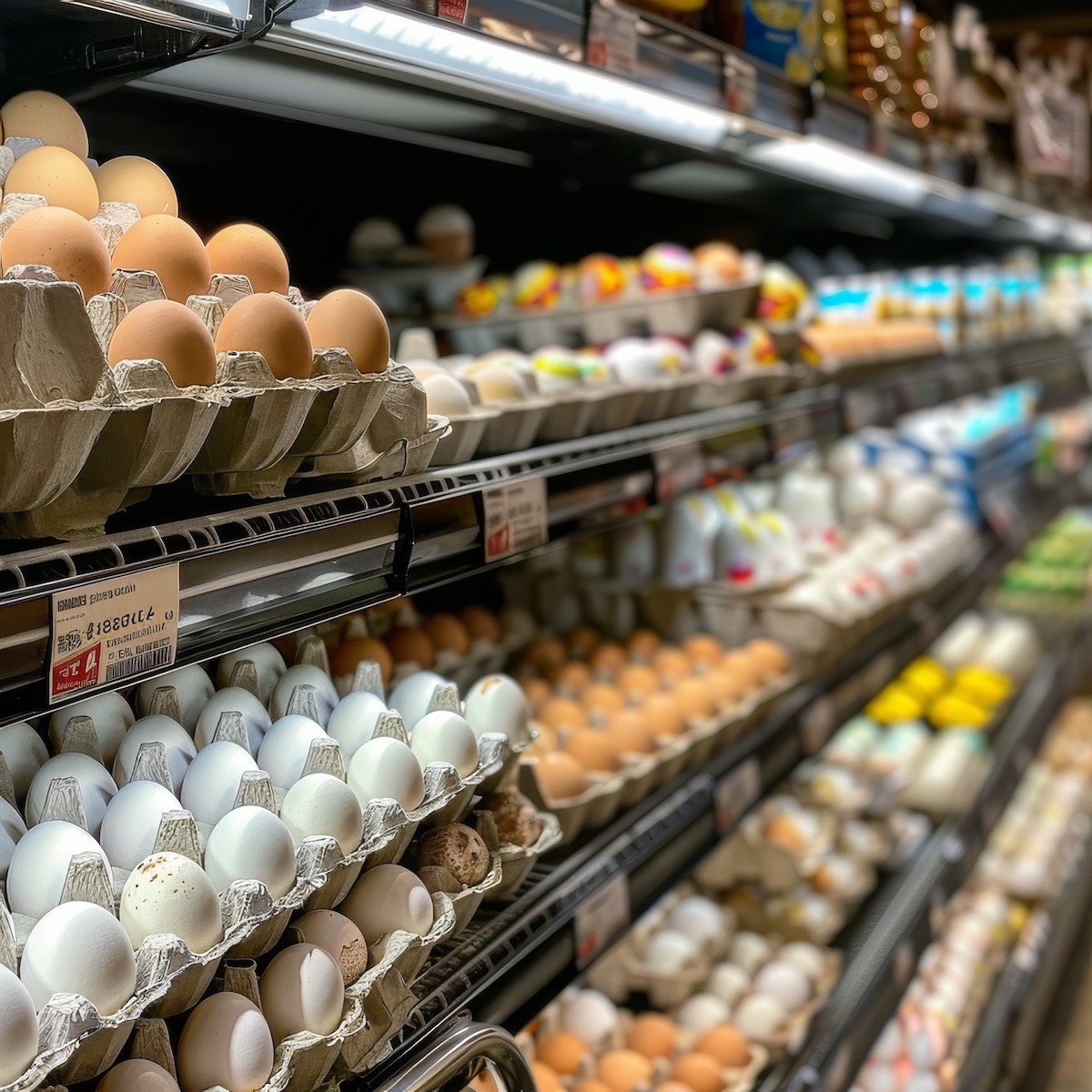
Supermarket eggs are generally around 3 to 4 weeks old when they reach the shelves. However, this can vary depending on several factors, including the store’s turnover rate and supply chain efficiency. Here’s a breakdown of the timeline:
- Collection and Processing: After eggs are laid, they are typically collected and sent to processing facilities within a few days. At these facilities, eggs are washed, sorted by size, and packaged.
- Transport: Eggs are transported to distribution centers and retail stores after processing. This transportation phase can take several days to a week.
- Shelf Time: Once eggs arrive at the supermarket, they might spend a few days to a few weeks on the shelves before consumers purchase them.
Understanding the Dates on Egg Cartons
- Pack Date: The pack date is a three-digit code representing the day of the year the eggs were packed (Julian date). For example, January 1 is 001, and December 31 is 365.
- Sell-By or Expiration Date: In some regions, cartons will also have a sell-by or expiration date, usually 30 days from the pack date. This date guides when the eggs should be sold or used.
Tips for Determining Egg Freshness
- Check the Julian Date: If the carton has a Julian date, you can determine how many days have passed since the eggs were packed.
- Inspect the Carton: Look for the sell-by or expiration date to gauge freshness.
- Float Test: If you’re unsure about the freshness of your eggs, you can perform the float test. Fresh eggs will sink and lay flat in a water bowl, while older eggs will stand upright or float.
What cooking changes do you make when using day-old eggs versus 2-week-old eggs?
When cooking with day-old eggs versus two-week-old eggs, you’ll need to make adjustments to account for differences in texture, flavor, and overall quality. Here’s how to adapt your cooking techniques for each:
Day-Old Eggs
Characteristics:
- Firm whites
- Tall, round yolks
- Strong egg flavor
Cooking Adjustments:
- Poaching: Day-old eggs are ideal for poaching due to their firm whites. Use them for perfect poached eggs with well-defined shapes.
- Frying: For sunny-side-up or over-easy eggs, day-old eggs provide a beautiful appearance with a thick, cohesive white and a high-standing yolk.
- Scrambling: The firm texture of day-old eggs results in fluffy scrambled eggs. Beat gently to retain some of their structure.
- Baking: Day-old eggs can add richness and structure to baked goods. They are perfect for recipes where the egg is a key component for rising and texture, like soufflés or meringues.
Two-Week-Old Eggs
Characteristics:
- Thinner whites
- Flatter yolks
- Milder flavor
Cooking Adjustments:
- Boiling: Older eggs are more accessible to peel after boiling, making them great for hard-boiled eggs. Cook them as usual, but enjoy the more straightforward peeling process.
- Baking: Use older eggs in recipes where the egg is mixed thoroughly, such as cakes, cookies, or bread. Their thinner whites integrate well into batters.
- Omelets: Older eggs can be ideal for omelets, as their looser texture blends smoothly with fillings and seasonings.
- Deviled Eggs: Their ease of peeling makes older eggs perfect for deviled eggs, where appearance matters. The flavor is still good, and the yolks mix easily with other ingredients.
Understanding these differences allows you to utilize the unique properties of eggs at different stages of freshness, ensuring the best results for each culinary application.
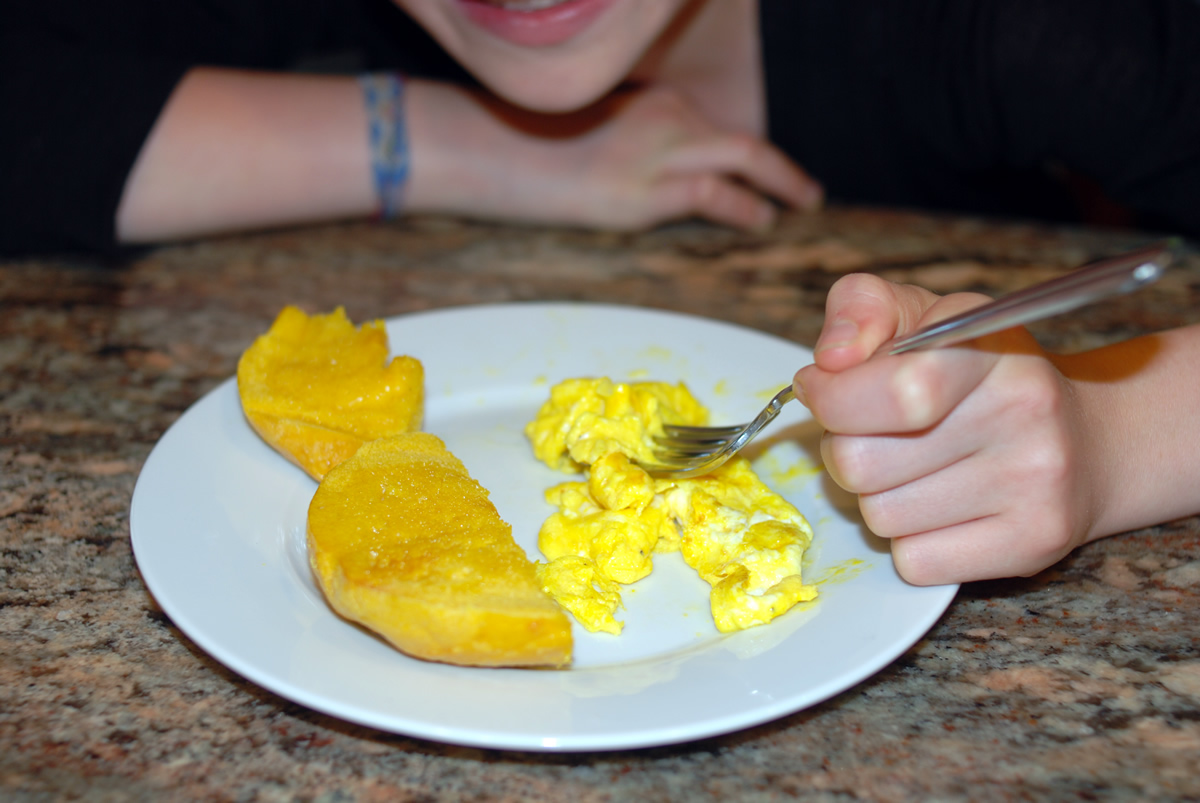
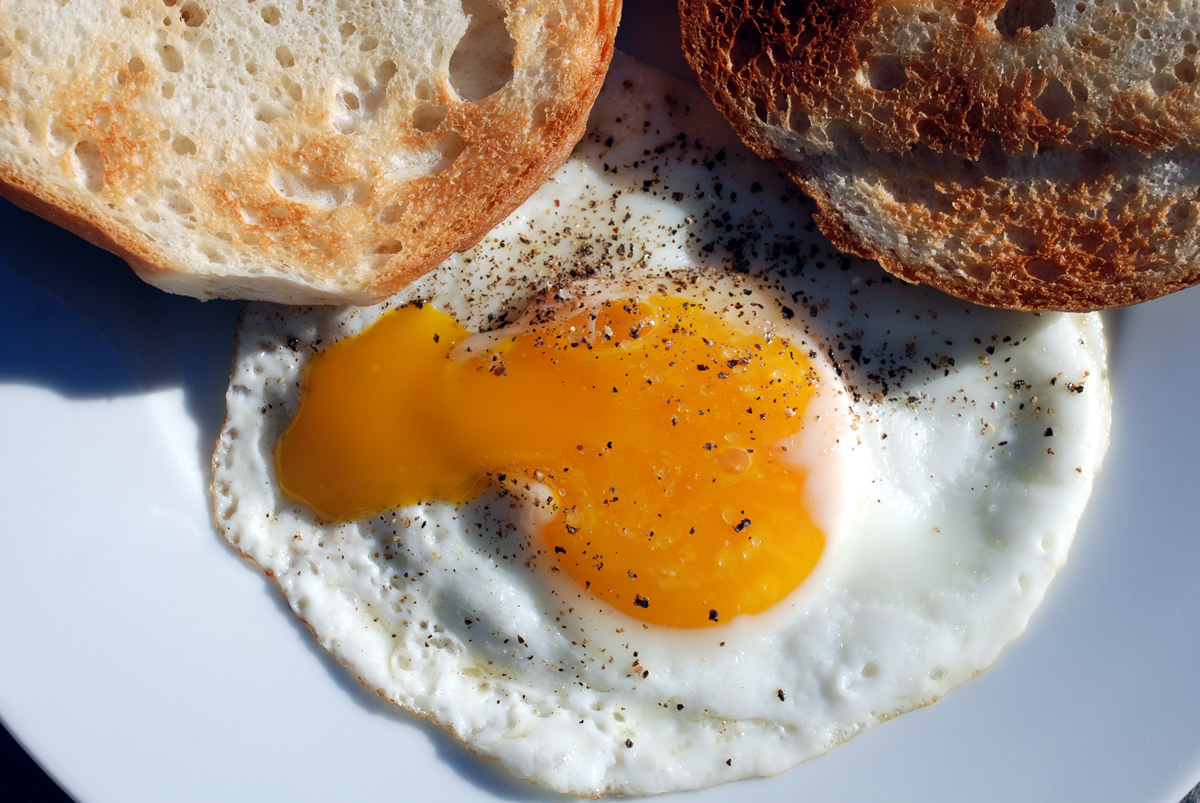

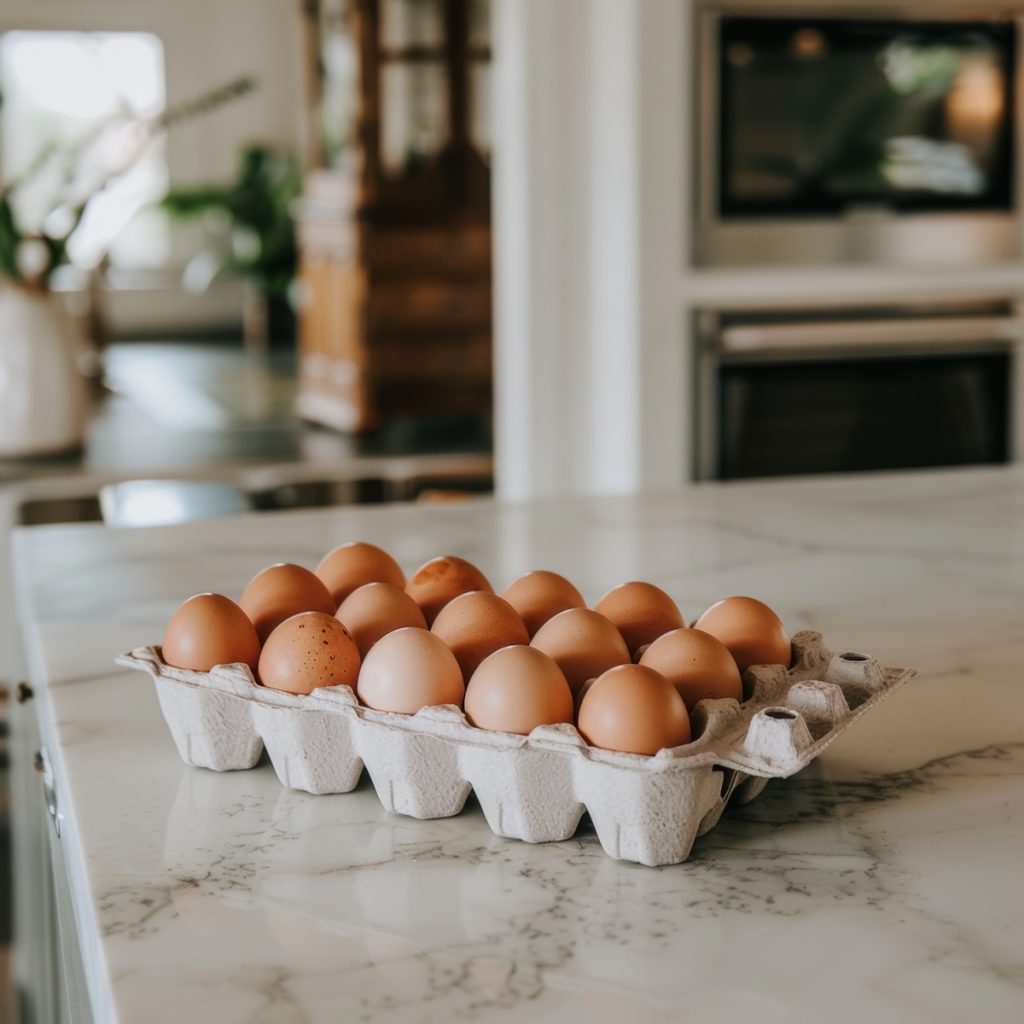

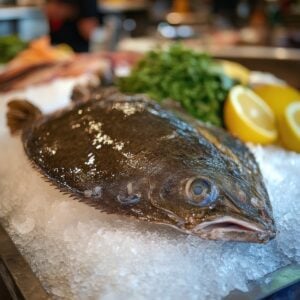




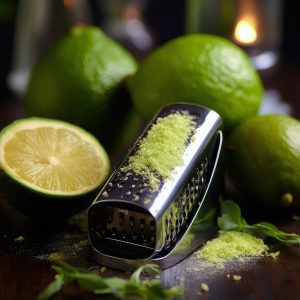
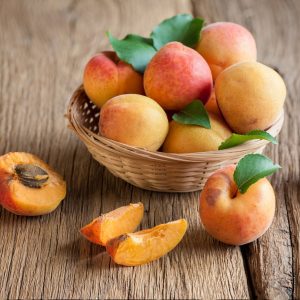
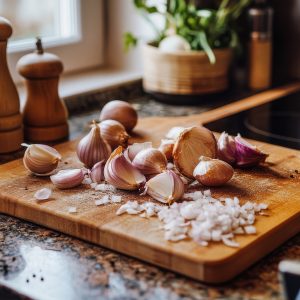


2 Responses
I have free range chickens and I refuse to buy eggs in the store..there is nothing better then fresh eggs
What a fabulous experience you had! Enjoyed your post.